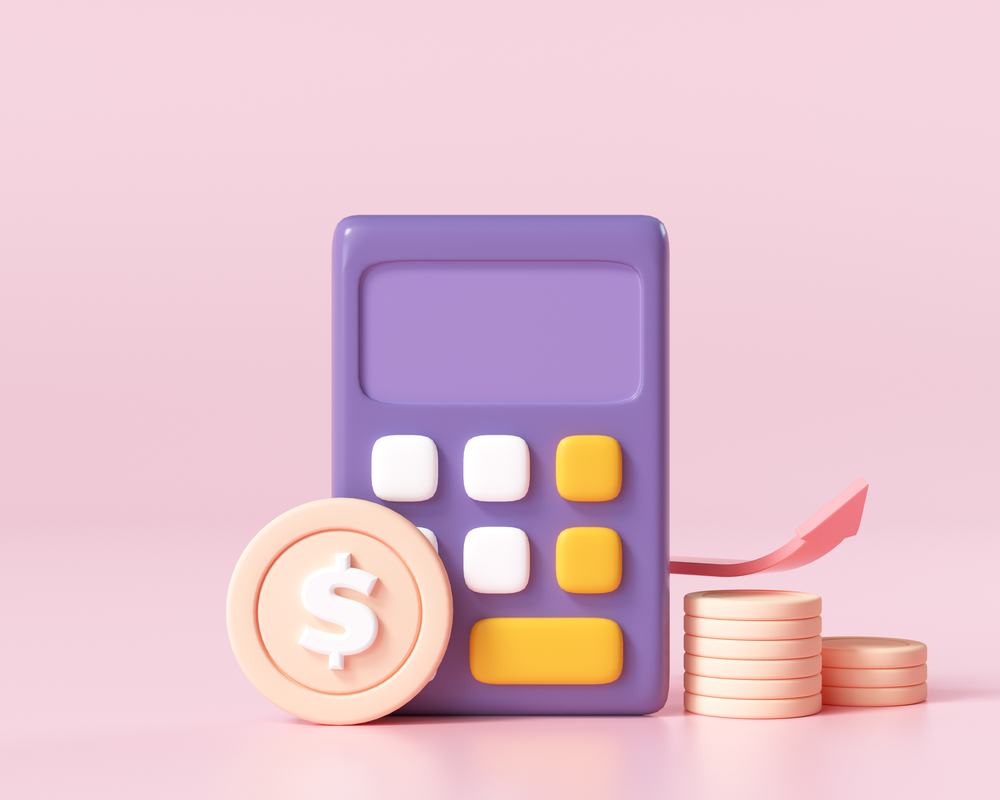Budgeting is the process of creating a plan that allows you to spend your money smartly and efficiently but also to save. It may sound simple, but how do we start making a budget? Let’s divide the process into simple steps:
Step 1
Record all your revenues
It is the moment when you record all the money that comes into your possession: your pocket money, money that relatives gave you as a gift, money that you earned with your sweat by doing some work or because you sold something.
Step 2
Record the amount you would like to save for future use
Sometimes when we budget, we calculate an amount that we keep to exist as a “safe cushion” for our emergencies. This amount does not have to be large. It is more important that it can be saved consistently every month.
Step 3
Record your expenses
Expenses are divided into two categories: Expenses and Sponsorships.
Expenses concern the money you pay for your monthly needs, e.g. books or bus tickets, but also for what you want, such as cinema, walk with friends, etc.
Sponsorships (or charities) concern the amounts you have decided to payfor a good cause, e.g. to save the environment, for an organization that helps people, etc.
Step 4
Deduct expenses and savings from your total income
This is the critical moment.. Will there be any money left? If not, don’t worry. Even if income and expenses are the same, return and observe if you can make some cuts in your expenses or think about whether there is a way to increase your income. That is the value of the budget. It helps you organize for the whole month so you don’t have bad money surprises. So keep working with your budget until you get a zero (equal income with expenses) or a positive number (excess) in the result.
Step 5
Track the progress of your budget
Making a budget without following it, is like setting a goal to work out, but never going to the gym. So the time has come for mathematical operations to become true operations. This will prove whether one category has been underestimated or whether another has been overvalued, so that you prepare a better budget next month.
Step 6
Make the next month’s budget
There is an interesting point here. We make the budget for the next month before that month starts. After all, budgeting means that I pre-calculate how I will manage my money. If you feel that this binds you, there is always the flexibility for small adjustments during the month as long as you keep your central plan and do not deviate too much from it.






